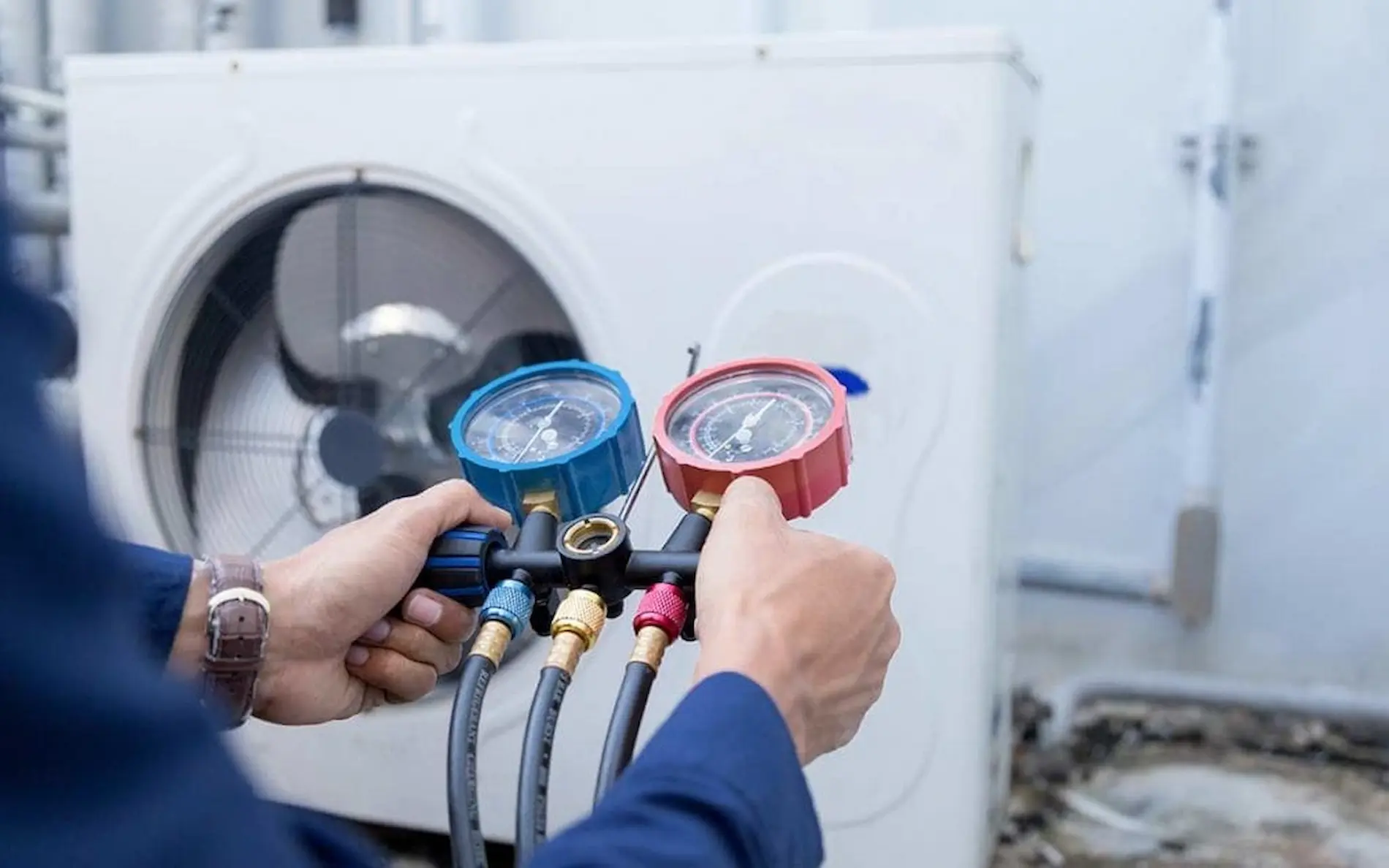4.8

Zinc vs Magnesium Anode Rods: Which Is Better for Des Moines Homes?
Your water heater is one of the most important appliances in your home, quietly delivering hot water day in and day out. But inside that tank is a critical part most homeowners never see—the anode rod. This simple metal rod plays a big role in preventing rust and corrosion from eating away at your system.
There are several types of anode rods, but the most common choices are zinc and magnesium. Homeowners often ask, “Which one is better?” That question becomes even more important for residents in Des Moines, where water quality and mineral levels can affect how well each rod performs. In this guide, we’ll compare zinc vs magnesium anode rods, look at their pros and cons, and help you decide which one is the right fit for your home.
What Is the Purpose of an Anode Rod?
Inside your water heater, the anode rod acts as a sacrificial barrier, drawing corrosive minerals away from the tank walls. This extends the life of the water heater and helps maintain the quality of your water. When your water contains high levels of calcium, magnesium, or sulfur—common in Iowa’s hard water—the anode rod works overtime to protect the system.
Over time, the rod corrodes and needs to be replaced. If it isn’t, the tank itself will begin to rust, leading to leaks, sediment buildup, and a potential system failure. That’s why choosing the right type of anode rod—especially in a local setting like Des Moines—is so important.
Magnesium Anode Rods: Powerful Protection with a Few Drawbacks
Magnesium anode rods are often seen as the go-to option for water heaters. They’re highly effective at attracting corrosive elements in water and are known to offer strong protection for tanks. In many homes, especially those with soft to moderately hard water, magnesium rods do a great job extending the lifespan of a heater.
They also react more aggressively with sulfur and hydrogen in the water, which makes them more efficient at drawing away these damaging elements. However, this same aggressive reaction can lead to unwanted side effects. If you’ve ever noticed a rotten egg smell in your hot water, your magnesium anode rod may be reacting with bacteria in the tank. This is especially common in homes with hard water or where the heater sits unused for long periods.
Still, in most Des Moines homes, magnesium rods are a solid choice—especially when paired with routine maintenance and annual inspections from professionals like Lazer Home Services.
Zinc Anode Rods: A Better Choice for Homes with Odor Issues
Zinc anode rods are actually aluminum rods with a small amount of zinc, usually around 10%. They’re typically recommended when homeowners experience odor problems, like sulfur or rotten egg smells coming from their hot water.
Zinc helps neutralize these odors while still providing corrosion protection. While not as reactive as magnesium, zinc rods offer a more stable performance in water systems prone to bacterial reactions. That makes them a strong alternative for Des Moines homes where odor is a recurring issue—even after flushing the tank or treating the water.
However, zinc rods may not offer quite the same level of corrosion resistance as magnesium, especially in high-demand households or homes with particularly aggressive water conditions. If you’re switching from a magnesium anode rod to zinc, it’s a good idea to consult a professional first to make sure the trade-off is right for your system.
At Lazer Home Services, we help homeowners compare zinc vs magnesium anode rods and select the best fit based on water quality, heater age, and performance needs.
Which One Is Better for Des Moines Homes?
There’s no one-size-fits-all answer—it depends on your water, your heater, and your comfort preferences. If your water quality is fairly balanced and you’re looking for maximum corrosion protection, magnesium rods are often the better choice. On the other hand, if your home consistently struggles with odors in the hot water, switching to a zinc anode rod may be the most effective solution.
Both types require regular inspection and replacement every few years. Leaving a worn-out rod in the tank can cause extensive damage over time, even if the water seems fine at the tap.
That’s why we always recommend regular water heater maintenance and inspection—especially in older systems or homes with hard water. During a routine check, our team can inspect your tank, test water pressure, and help you determine whether a zinc or magnesium anode rod is the better long-term option.
How Anode Rod Choice Affects Water Heater Performance
The anode rod doesn’t just protect your tank—it also affects how efficiently your water heater operates. When the rod is doing its job, your tank remains clean and free of internal rust, allowing it to heat water faster and hold heat longer. This is especially important for Des Moines homes during the colder months when water heaters work harder than usual.
If the rod is worn down or no longer active, the tank begins to collect sediment and rust, which reduces efficiency. The unit has to use more energy to heat water through that buildup, which leads to higher utility bills and a shorter lifespan for the entire system. Whether you choose magnesium or zinc, the key is to ensure that the rod is in good condition and properly suited to your water type.
Some homeowners may not notice the decline in performance right away. But over time, you’ll see signs like slower water heating, inconsistent water temperatures, or rising energy costs. If you’re experiencing these symptoms, it’s time to consider anode rod replacement as part of your water heater repair plan.
Should You Replace the Anode Rod Yourself?
Many homeowners are tempted to attempt anode rod replacement on their own, but it’s not always as simple as it sounds. The rod is usually installed tightly into the top of the tank and may require special tools or significant force to remove. Incorrect handling can damage the tank, loosen fittings, or void your warranty.
It’s also important to know whether your system is better suited for a magnesium rod or a zinc anode rod, which depends on your water quality and heater type. A DIY mistake here can reduce your heater’s protection instead of improving it.
That’s why most Des Moines residents prefer to leave this task to experienced technicians. At Lazer Home Services, we perform precise, professional anode rod replacements, along with full system checks. We help you decide between zinc vs magnesium anode rods based on lab-tested water results, system age, and overall performance goals.
Water Quality in Des Moines and What It Means for Anode Rods
Des Moines and surrounding areas often deal with moderately hard water, which means it contains higher levels of calcium and magnesium. While this water is safe to drink, it does accelerate corrosion inside water heaters and affects how quickly anode rods wear down.
If your home gets water from a well or untreated municipal supply, your system may require more frequent maintenance or a change in rod type. Some homes benefit more from magnesium rods due to their aggressive protection, while others do better with zinc rods to neutralize odors caused by sulfur bacteria.
If you’re unsure which type of anode rod is currently installed in your tank—or how long it’s been there—it’s a good time to schedule a professional inspection. Our team will evaluate the condition of your water heater, review the symptoms you’re experiencing, and recommend a solution that’s both effective and affordable.
Why Choose Lazer Home Services for Anode Rod Advice and Replacement
Choosing between zinc vs magnesium anode rods isn’t just a technical decision—it’s one that affects the comfort, efficiency, and safety of your home. At Lazer Home Services, we take the guesswork out of water heater care. Our licensed technicians don’t just replace worn parts. We help you understand your options, choose the right rod for your water quality, and extend the life of your water heater through professional, detail-oriented service.
We’ve spent years working with homeowners across Des Moines and surrounding areas, and we understand the unique challenges that local water conditions can pose. Whether you’re facing odor issues, high energy bills, or an aging heater, we’ll evaluate the system thoroughly and recommend a solution tailored to your home.
From quick inspections to full system replacements, we offer transparency, upfront pricing, and a level of care you can rely on year after year.
Our Full Range of Plumbing and Heating Services
Lazer Home Services provides more than just water heater care. We offer a complete range of plumbing and heating services designed to keep your entire home running smoothly:
- Water Heater Services: We handle everything from anode rod replacements to full tank inspections, flushing, and rust prevention.
- Plumbing Repairs: Whether you’re experiencing low water pressure, leaks, or need help with system upgrades, we’re here for you.
- Heating Solutions: Our team specializes in furnace repair, heat pump installation, heating system maintenance, and more.
Need help fast? We also offer emergency plumbing services in Des Moines so you’re never left waiting when your system fails unexpectedly.
Areas We Proudly Serve
Lazer Home Services supports homeowners across Des Moines and the greater Central Iowa region. Our service areas include:
Urbandale, West Des Moines, Ankeny, Altoona, Ames, Bondurant, Clive, Norwalk, Grimes, Johnston, Waukee, Carlisle, Windsor Heights, and Pleasant Hill.
Whether you live in the city or a nearby neighborhood, we bring fast, professional, and high-quality service right to your doorstep.
Conclusion: The Right Anode Rod Makes All the Difference
When it comes to protecting your water heater, the decision between zinc vs magnesium anode rods can impact everything from system longevity to water quality and energy efficiency. Each has its strengths, and the best choice depends on your home’s specific conditions—especially here in Des Moines, where water quality varies between neighborhoods.
Instead of guessing, let the experts at Lazer Home Services guide you through the process. We’ll help you choose the right rod, install it properly, and keep your water heater in top shape with regular maintenance and support.
Whether you’re looking for odor control, corrosion prevention, or better performance, we’re here to provide reliable solutions that make a difference.
Frequently Asked Questions
What’s the main difference between zinc and magnesium anode rods?
Magnesium rods offer stronger protection against corrosion, while zinc rods are better at controlling odors in hot water. The best choice depends on your water quality.
Can I switch from magnesium to zinc anode rods?
Yes, but it’s important to understand how the change may affect your water heater’s protection. Our technicians can evaluate your system and recommend what’s best.
Do zinc anode rods last longer than magnesium?
Both types have similar lifespans—typically 3 to 5 years. However, zinc rods may degrade more slowly in some water conditions.
Are magnesium anode rods safe for drinking water?
Yes. Magnesium rods are safe and commonly used in residential water heaters. Any metallic taste or odor is typically harmless but should be addressed if it worsens.
How do I know which anode rod my water heater has?
Our professionals can inspect your tank, identify the rod type, and check its condition. If needed, we’ll recommend the best replacement for your water type and home.
Recent News
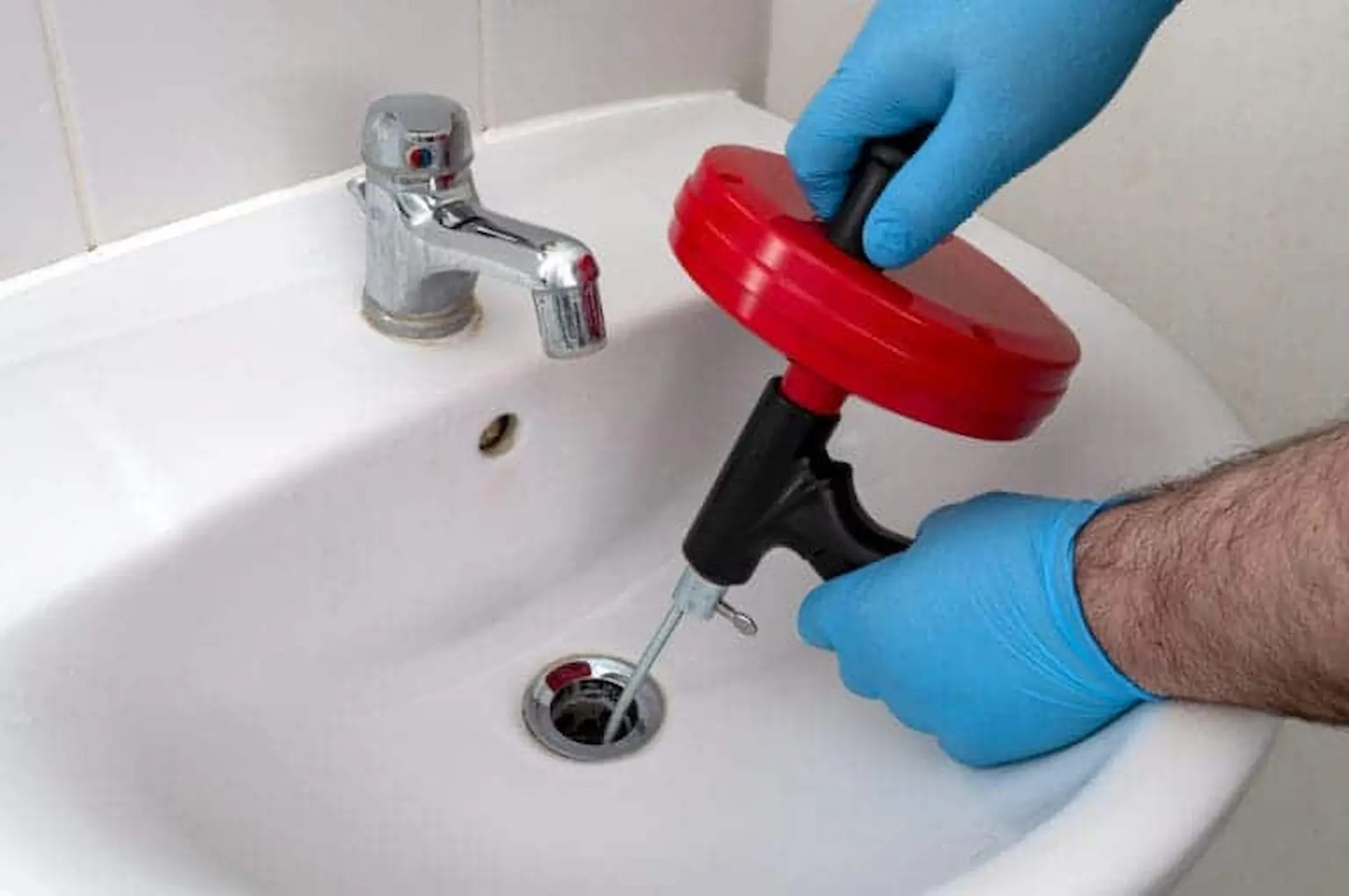
Residential Drain Cleaning in Des Moines | Lazer Home Services
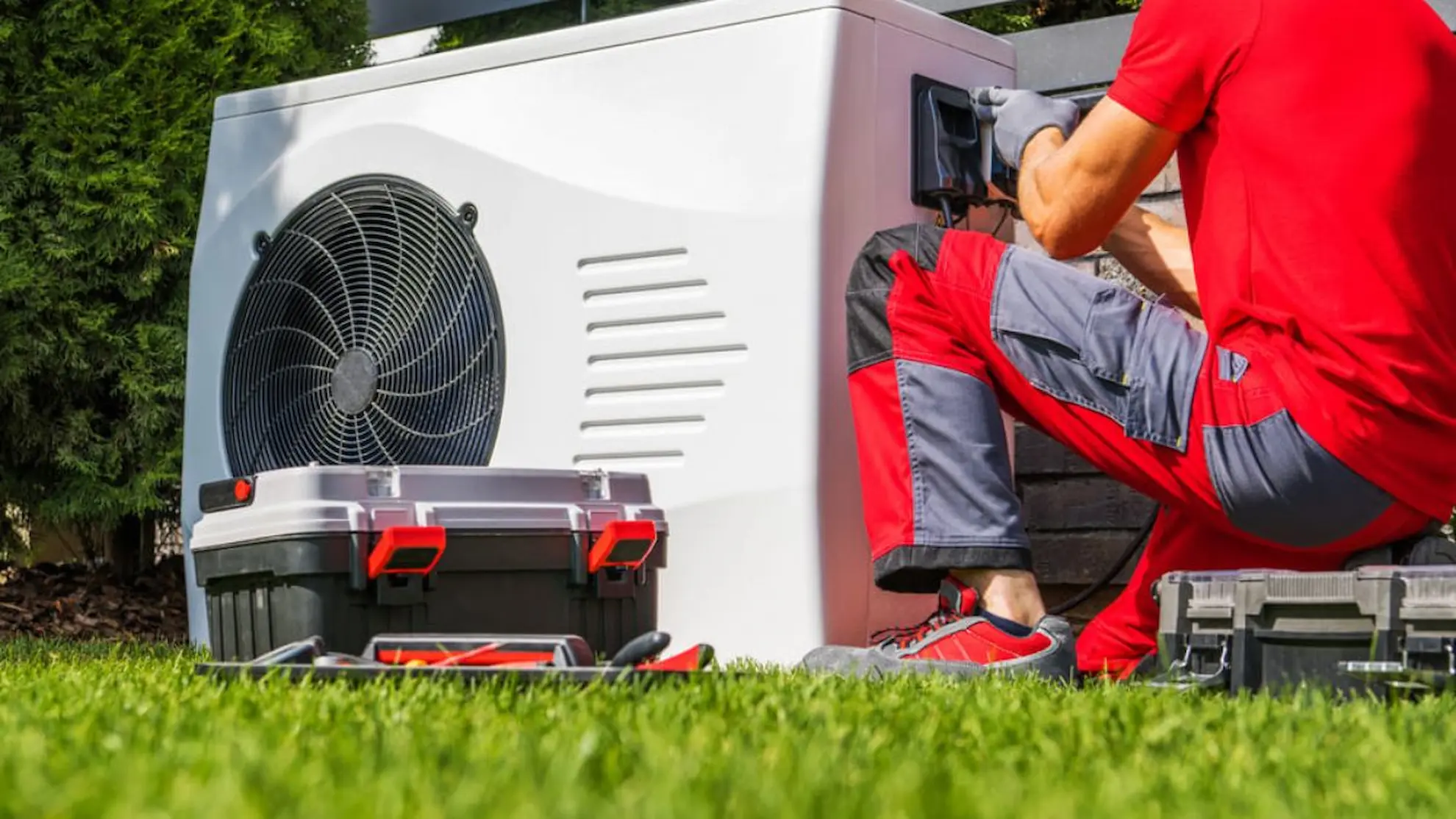
Heat Pump Repair and Installation Solutions in Des Moines.

How to Detect Hidden Pipe Leaks | Lazer Home Services
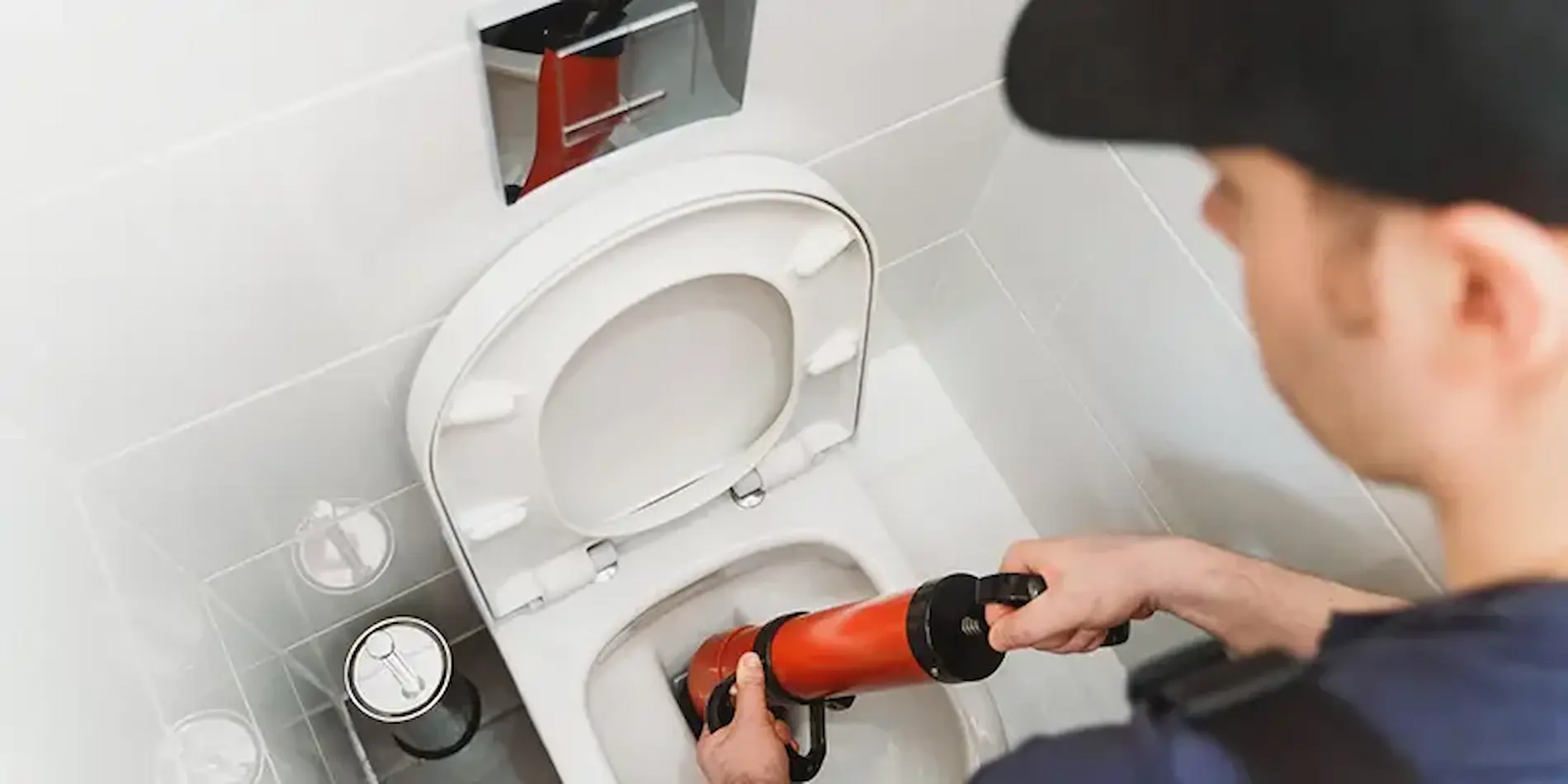
5 Early Warning Signs Your Home Plumbing Needs Urgent Attention
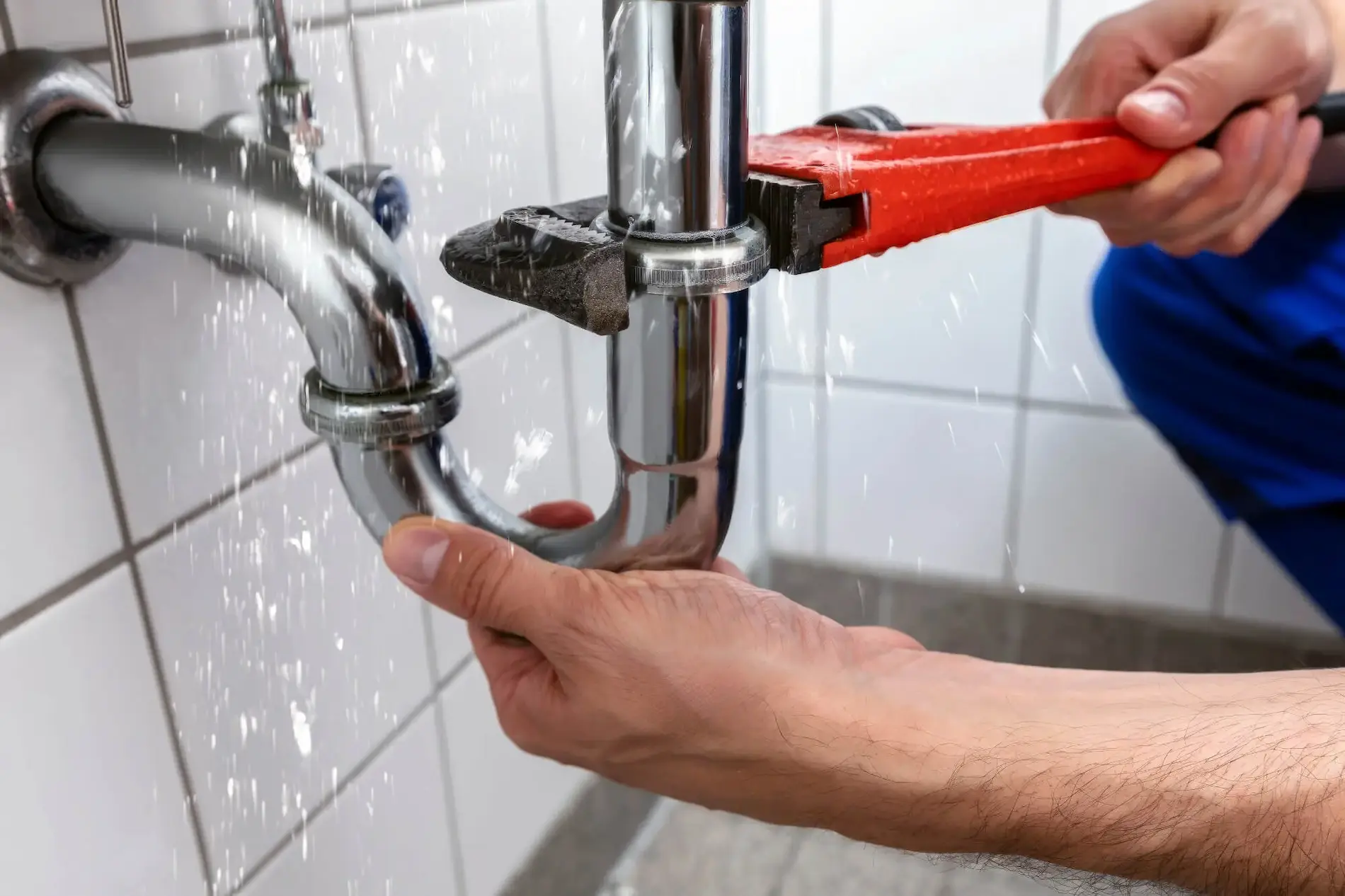
Plumbing Maintenance Checklist Des Moines | Lazer Home Services
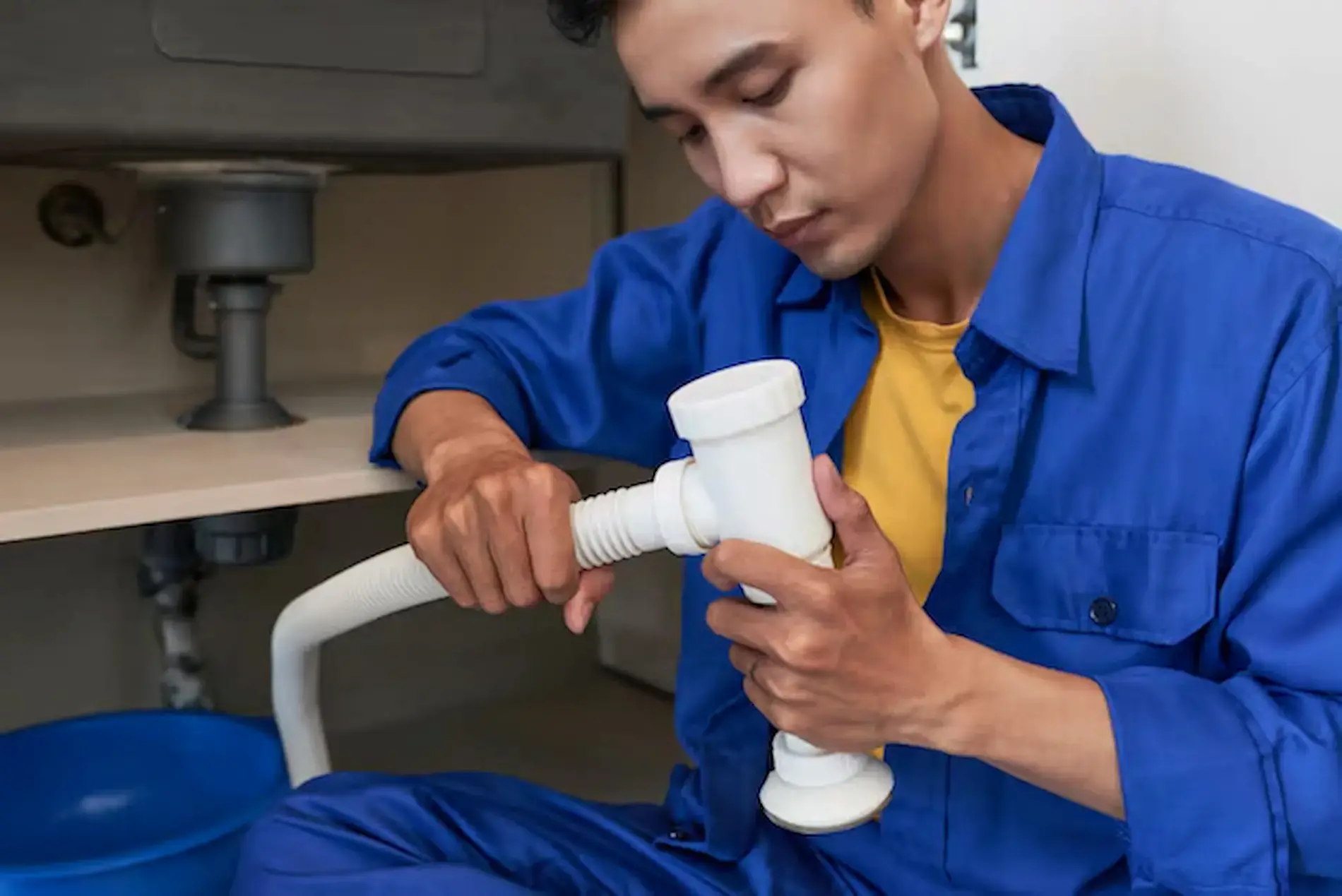
Leak Detection and Repair in Des Moines | Lazer Home Services
